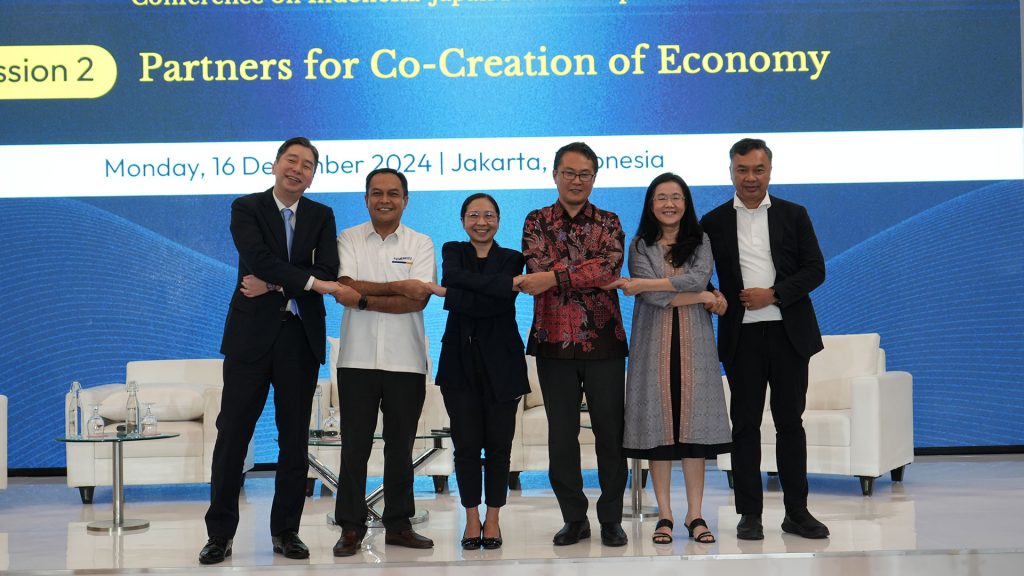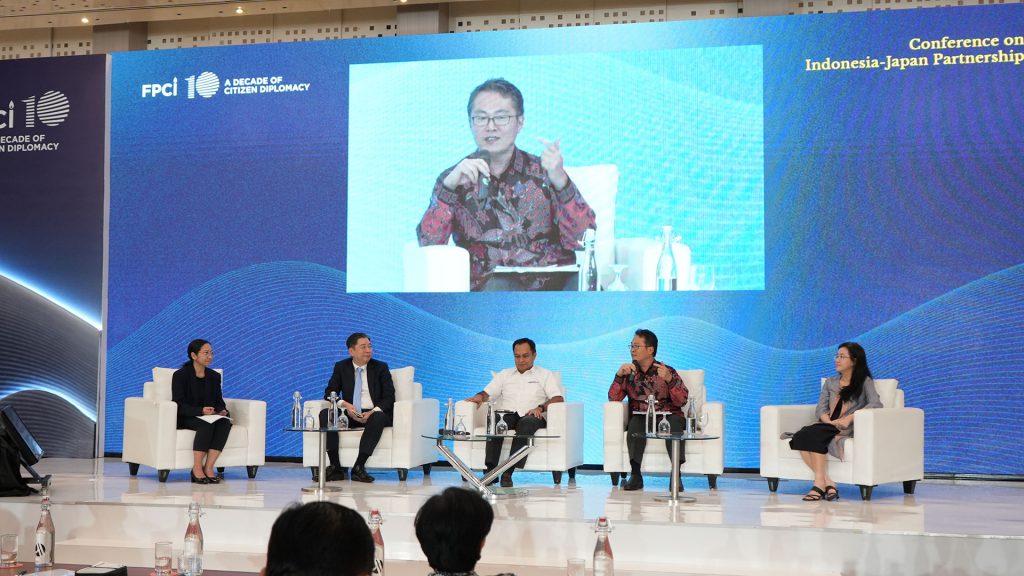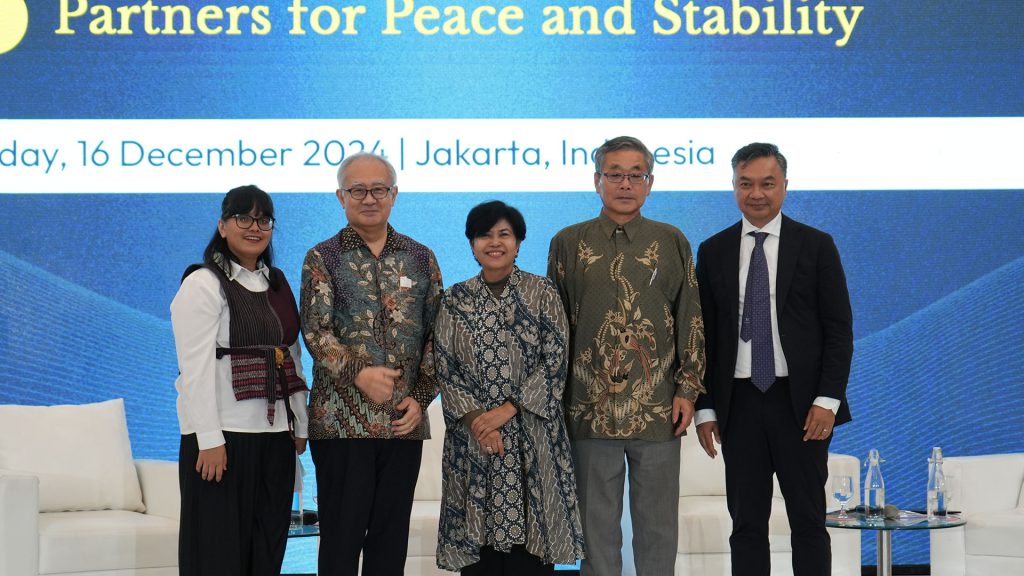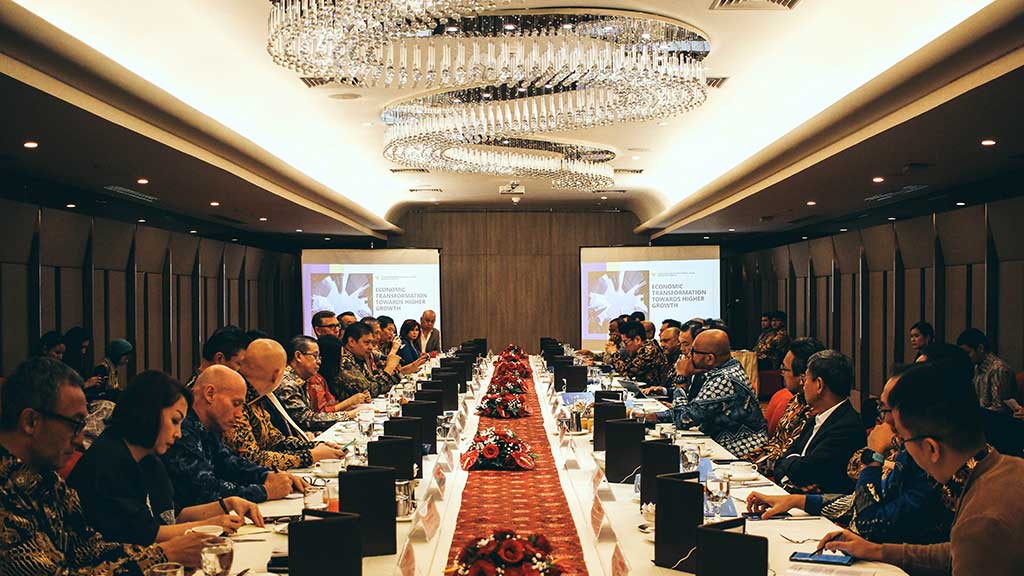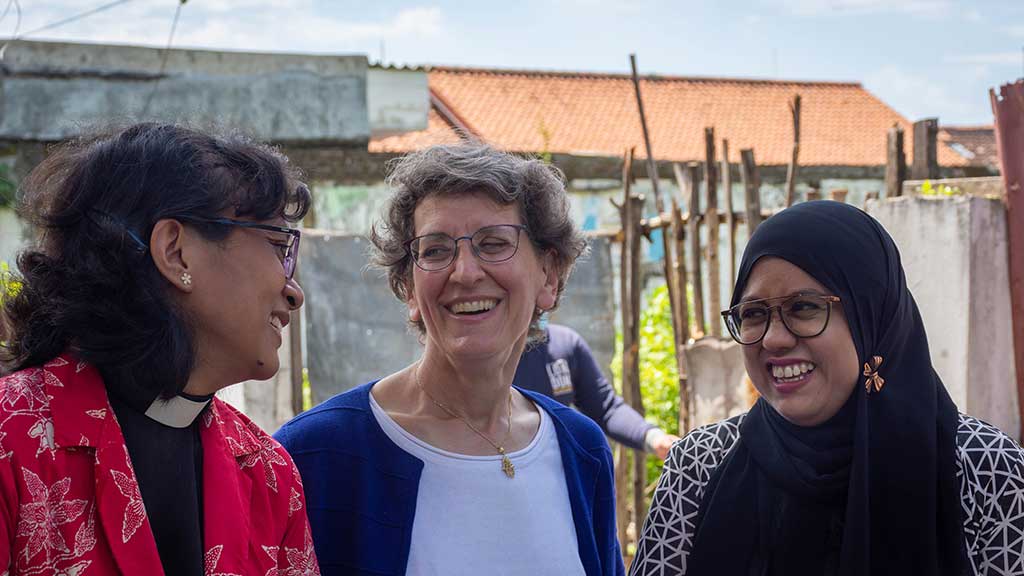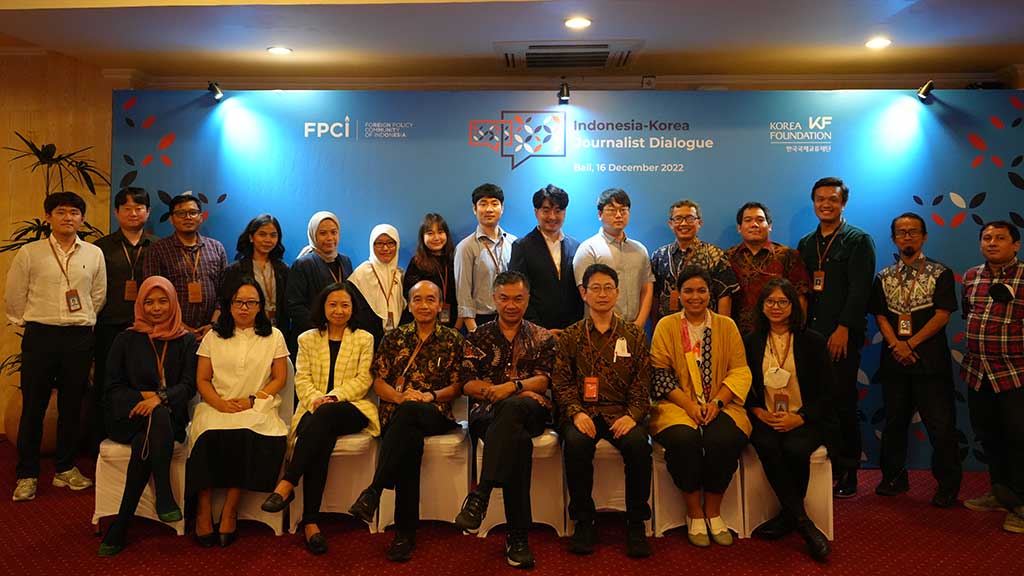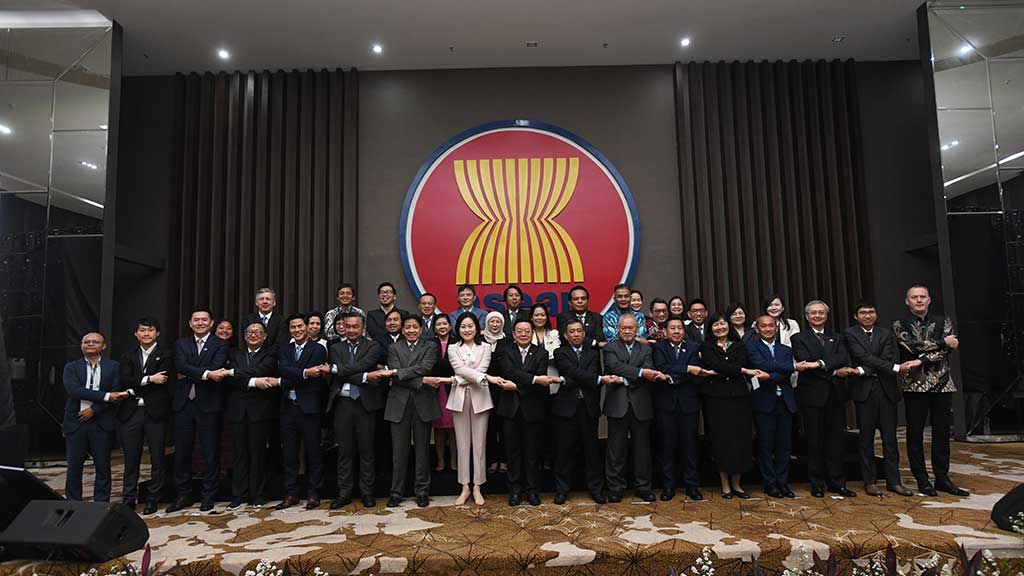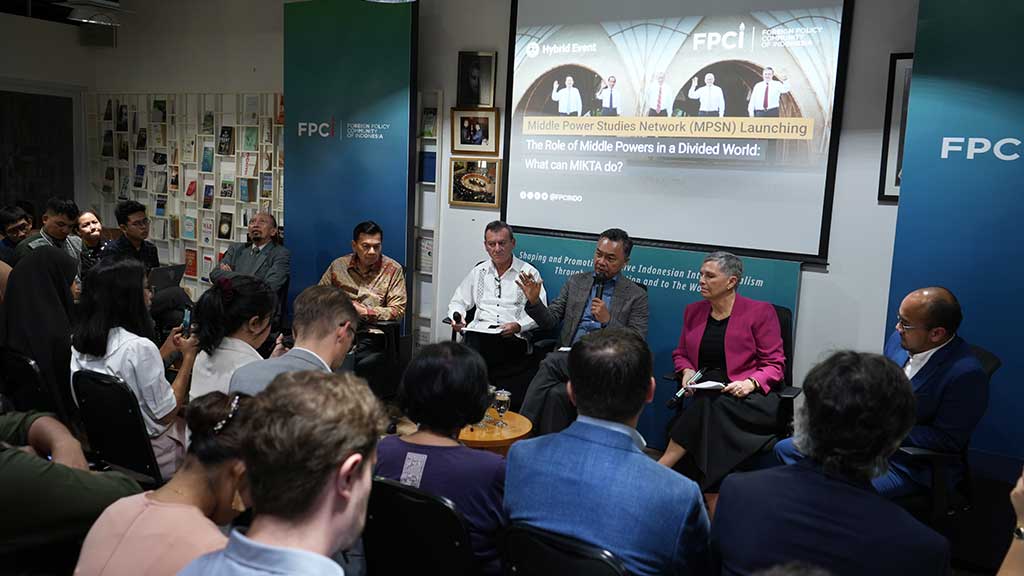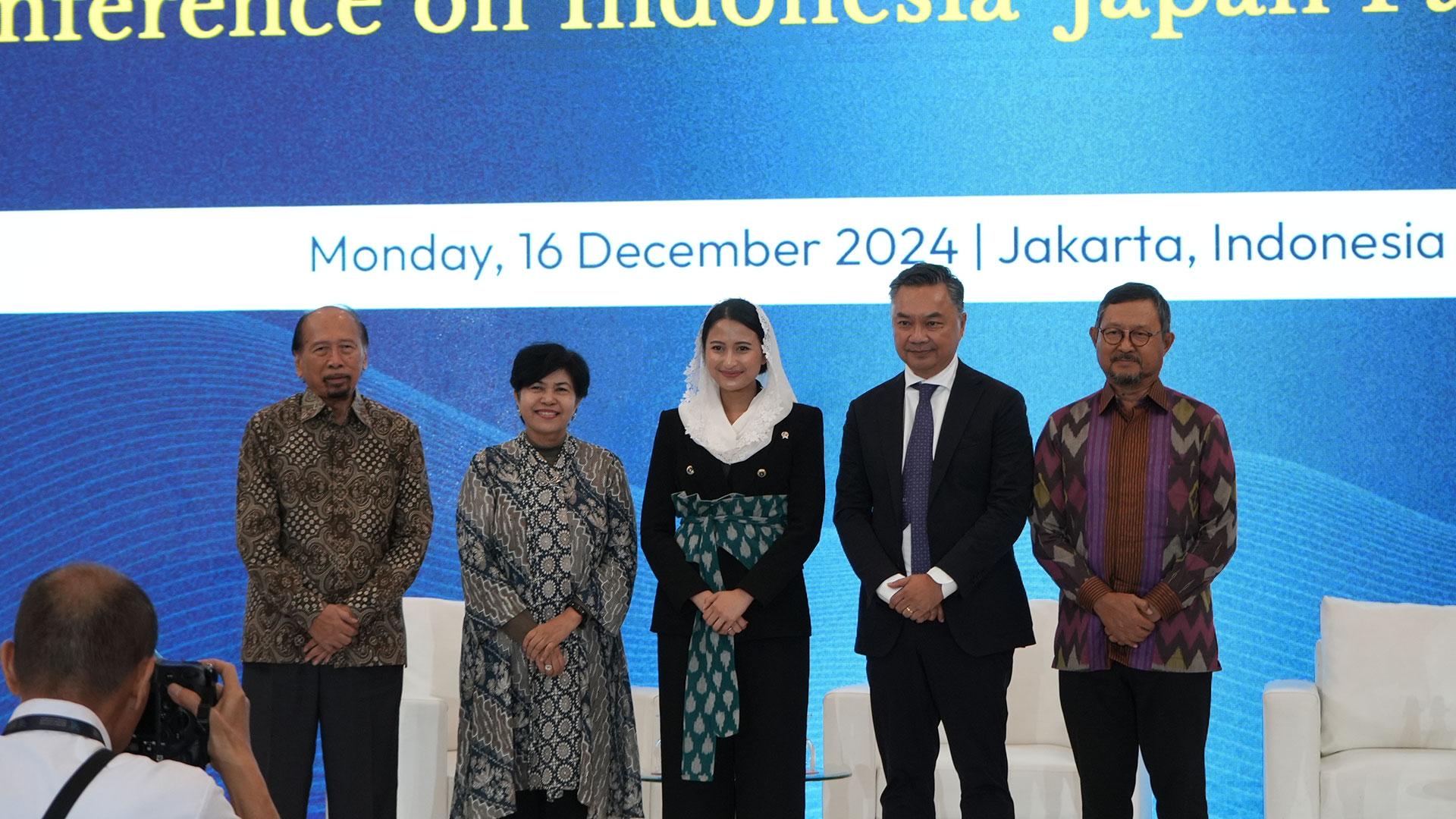Fostering interfaith peace-building efforts at the grassroots
Hosting workshops and competitions for the youth, young professionals, and journalists
Actively engage and strengthen the Southeast Asian foreign policy network
Research the geopolitics of middle powers on their regional influence and global affairs in
Joint Statement: Abrahamic Peace Working Group 2024
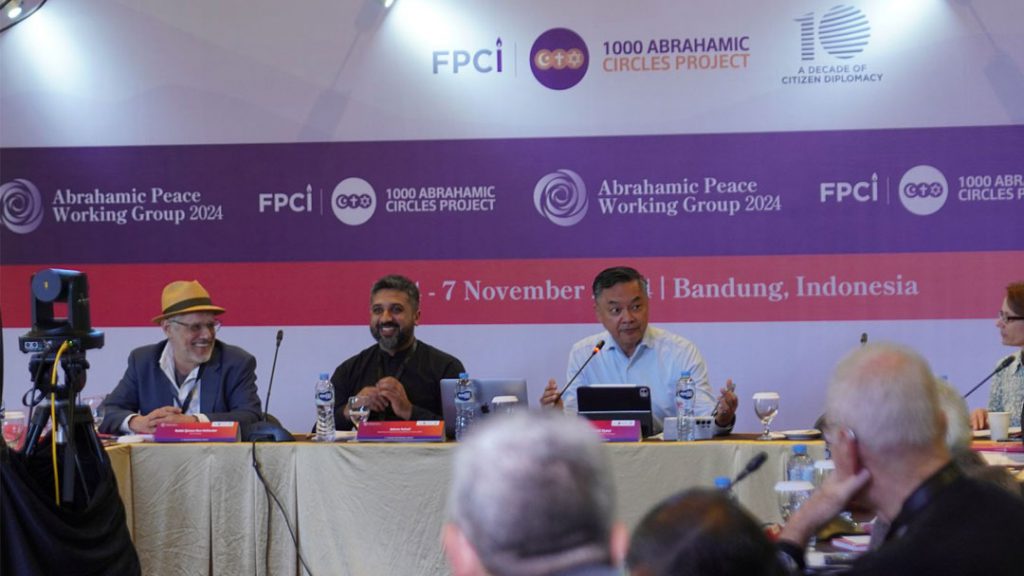
From November 4 to 7, 2024, the 1000 Abrahamic Circles Project hosted the inaugural Abrahamic Peace Working Group in Bandung, with key sessions taking place on November 5 and 6. This important gathering focused on fostering interfaith understanding through open dialogue, knowledge sharing, and addressing common challenges within the Abrahamic faith communities.
The core themes of the 2024 Abrahamic Peace Working Group included the state of interfaith relations, pressing challenges, and potential strategies to strengthen bonds amid today’s global complexities. The event featured the following seven sessions:
1. Islamophobia
2. Anti-Semitism
3. Anti-Christian Sentiments
4. Special Session: Reflections on Abrahamic Religious Tensions
5. Pushback: The Role of Civil Society
6. Multilateral and Governmental Efforts: Initiatives, Roadblocks, and Opportunities
7. Moving Forward: Abrahamic Peace Recommendations
We are pleased to announce that, through collaborative efforts, a joint statement was crafted, reflecting the insights and commitments drawn from the discussions. This statement was officially declared and signed on the 6th of November by 29 representatives, including Rabbis, Ustadz, Ustadzah, Bishops, Priests, and like-minded scholars from Australia, Europe, Indonesia, Jordan, New Zealand, Pakistan, the Philippines, Singapore, Sri Lanka, and the United States.
Indonesia Climate Futures: Climate Change Policy Recommendation for President Prabowo Subianto
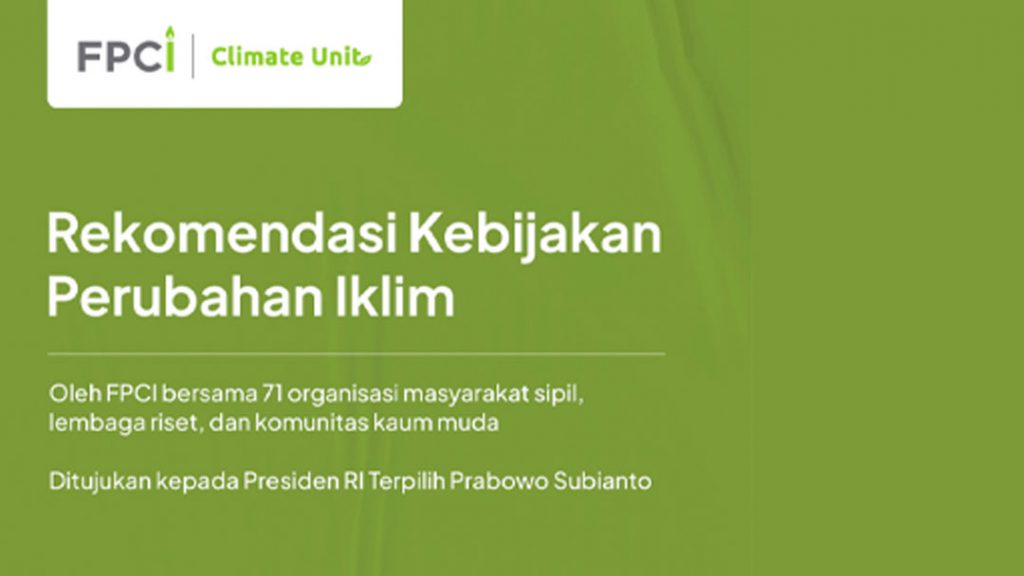
As Indonesia strives to address the impacts of climate change, notable efforts such as the 2030 emissions reduction target, IDXCarbon exchange, and the Just Energy Transition Partnership (JETP) have been implemented. Despite these initiatives, challenges such as policy misalignment with the Paris Agreement and suboptimal execution hinder progress toward the 1.5°C global target.
Ahead of the inauguration of the new administration led by President Prabowo Subianto, FPCI Climate Unit convened Indonesia Climate Futures, a series of Focus Group Discussion where civil society, think tanks, and youth communities gather their input and aspirations for Indonesia’s climate policies. These discussions aimed to guide Indonesia toward more ambitious, concrete, and inclusive climate action, ensuring a sustainable future for all.
The outcomes, encapsulated in the Climate Change Policy Recommendation, were presented to President Prabowo Subianto, represented by Burhanuddin Abdullah, Chairman of the Expert Council of the KIM Team for President Prabowo-Gibran (2024-2029), during the Indonesia Net-Zero Summit (INZS) 2024.
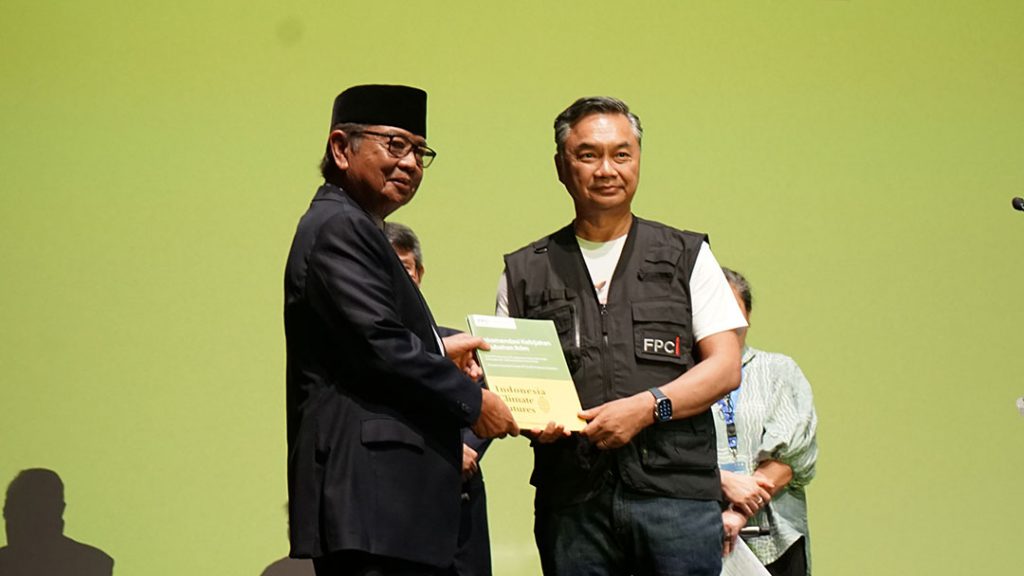
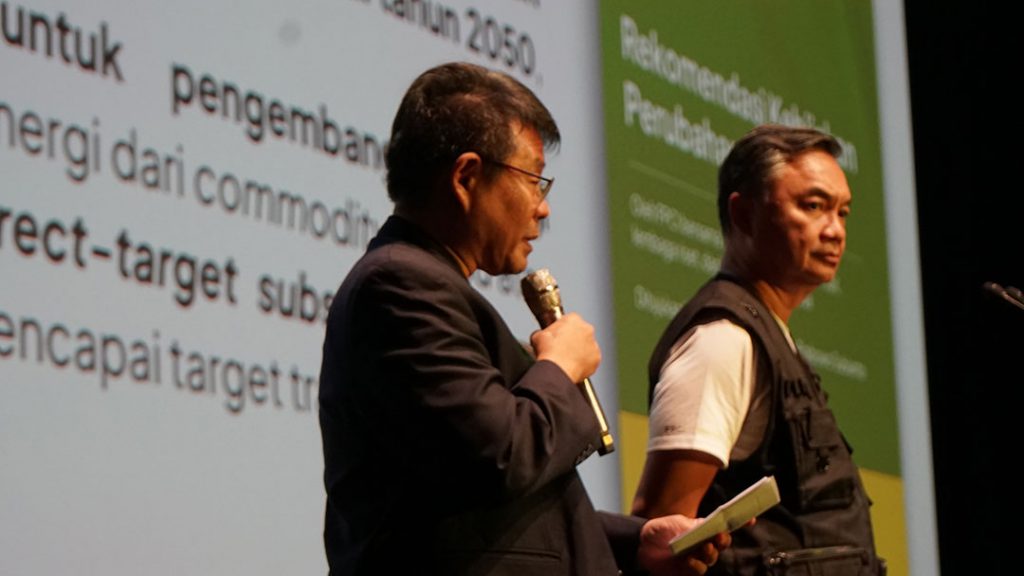
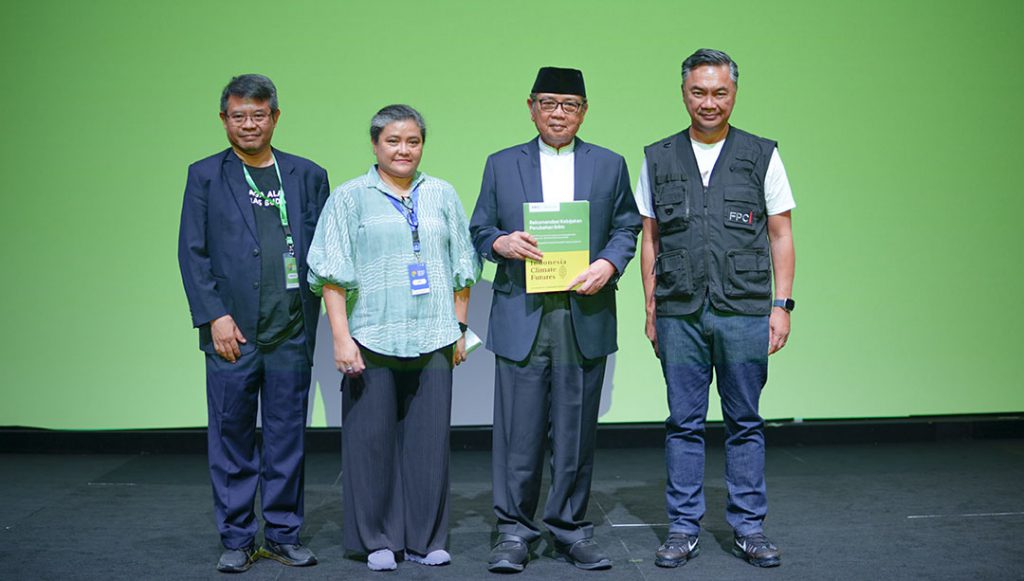
Middle Power Insights 1st Edition by Dr. Dino Patti Djalal
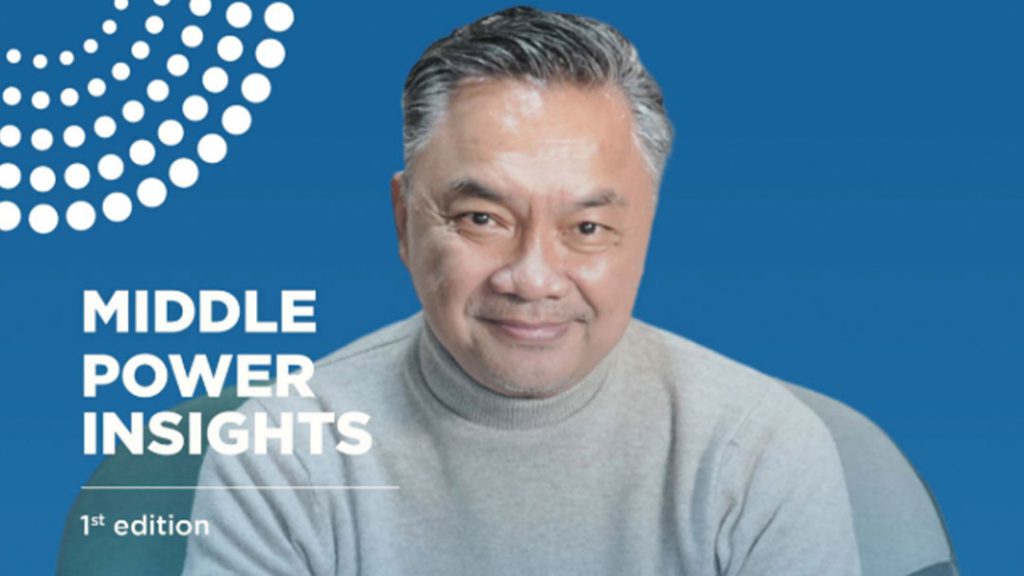
Public discourse on international affairs usually points to the rise of China as the hallmark of the evolving world order. This is not wrong, but no one should overlook another seismic trend in international affairs: the rise of the middle powers. In a world of increasing geopolitical rivalries, middle powers are making a difference by bridging divides, providing solutions, and building regional architectures.
Explore these insights in Middle Power Insights 1st Edition: “As global rifts deepen, middle powers can be the game-changer in 21st-century world order”, featuring Dr. Dino Patti Djalal, Founder and Chairman of FPCI and Chair of FPCI Middle Power Studies Network, as he discusses how middle powers are becoming game changers in the 21st-century world order.
FPCI-ERIA: ASEAN Peoples’ Perceptions Survey 2024 (APPS 2024)
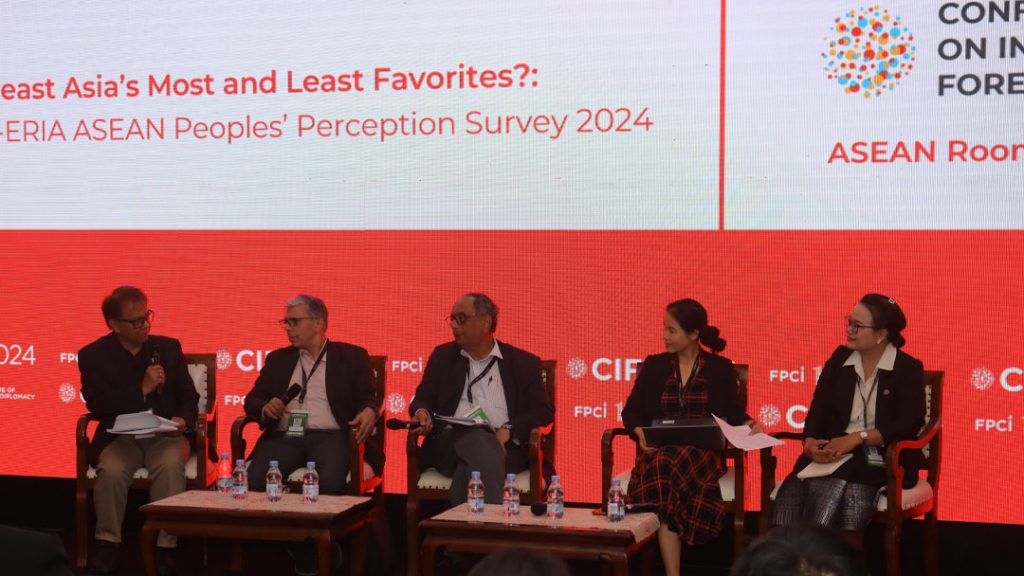
FPCI-ERIA ASEAN Peoples’ Perceptions Survey 2024 (APPS 2024)
What do the people of Southeast Asia think of ASEAN’s nine dialogue partners?
To answer this question, Foreign Policy Community of Indonesia (FPCI) and Economic Research Institute for ASEAN and East Asia (ERIA) conducted the FPCI-ERIA ASEAN Peoples’ Perceptions Survey (APPS) 2024. The survey gathered insights from 2,028 respondents across all 11 ASEAN countries, offering a candid perspective on how Southeast Asian view ASEAN’s dialogue partners.
The APPS 2024 assessed perceptions of the Southeast Asia over ASEAN’s nine Dialogue Partners: Australia, China, European Union (EU), India, Japan, Russia, South Korea, the United Kingdom (UK), and the United States (US). This year’s survey also introduced new dimensions, such as risk, threat, and shared interests, providing a deeper understanding of ASEAN’s relations with its strategic partners.
Read the full findings of FPCI-ERIA ASEAN People’s Perceptions Survey 2024 on aseanperceptionssurvey.com.
Conference on Indonesia Japan Partnership 2024
The Conference on Indonesia-Japan Partnership serves as a platform that brings together government officials, experts, and scholars from both Indonesia and Japan for open discussions about the future of Indonesia and Japan relations, especially in the light of the new administrations of Indonesia under President Prabowo Subianto, and Japan under Prime Minister, Shigeru Ishiba.
Opening Remarks:
- Dr. Dino Patti Djalal, Founder and Chairman of FPCI
- H.E. Dyah Roro Esti, Vice Minister of Trade of Indonesia
Topics:
Session 1: Partners for Peace and Stability
Panelists:
- Prof. Tsutomu Kikuchi, Emeritus Professor at Aoyama Gakuin University
- Prof. Dr. Dewi Fortuna Anwar, Research Professor at BRIN
- Amb. Masafumi Ishii, Former Japanese Ambassador to Indonesia
- Lusia Novita Sari, Head of Subdivision, Cabinet Secretariat of the Republic of Indonesia (Moderator)
Session 2: Partners for Co-Creation of Economy
Panelists:
- Boby Wahyu Hernawan, Director of Center for Climate Finance and Multilateral Policy, Ministry of Finance of Indonesia
- Mr. Hayakawa Yuho, Director General, Southeast Asia Pacific Department, JICA
- Dr. Lili Yan Ing, Secretary General of International Economic Association (IEA)
- Dr. Nobuhiro Aizawa, Dean and Managing Director, ERIA School of Government
- Dayu Nirma Amurwanti, FPCI Fellow (Moderator)
